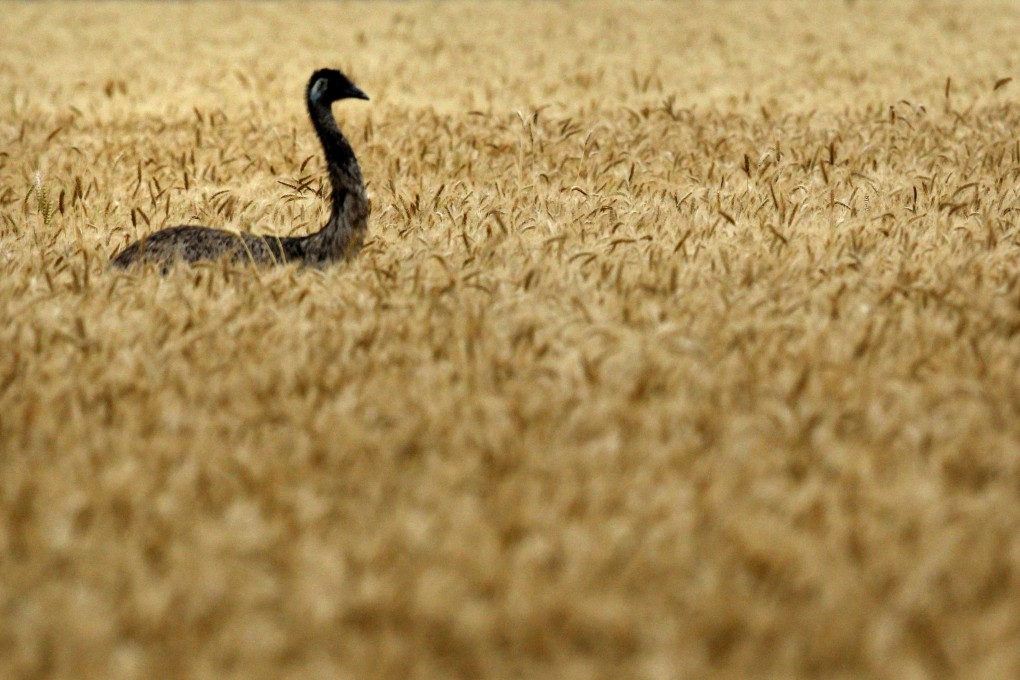New | Australian wheat producers losing market share in Indonesia to Russia, Ukraine

Australian wheat producers are losing market share in Indonesia, its single largest customer and the world’s second-biggest wheat importer, as rivals from the Black Sea take advantage of a bumper crop and lower transport costs to undercut prices.
Australia, which sold $1.19 billion (US$870 million) of wheat to Indonesia in 2014/15, has traditionally supplied around 60 per cent of its neighbour’s imports due to a freight advantage and the reliability of its quality and supply.
But Russia and the Ukraine, which grow more than three times as much wheat as Australia, are aggressively marketing at lower prices, putting a spotlight on Australia’s higher output costs and ageing rail network.
Rated as the world’s most expensive country to produce wheat, Australia has already lost market share in the Middle East to the Black Sea region and the challenge has shifted to its back yard.
"It is now cheaper to ship a tonne of wheat from Odessa into Indonesia than it for us to send a shipment from just west of Swan Hill to our facility in Geelong," said Mark Palmquist, managing director and chief executive of grain handler GrainCorp Ltd.
The 370 km (230 mile) inland journey in the southern state of Victoria compares with an 11,500 km (7,150 mile) 20-day sea voyage from the Black Sea to Jakarta. Australian wheat then faces shipping costs for the 3,000 km journey to Indonesia. Black Sea wheat is being sold at prices as low as $210 a tonne, traders said, more than $30 cheaper than Australian supplies.
The discount in part reflects strong production in Ukraine and Russia, which the US Department of Agriculture (USDA) estimates jumped more than 13 per cent to nearly 84 million tonnes last season.